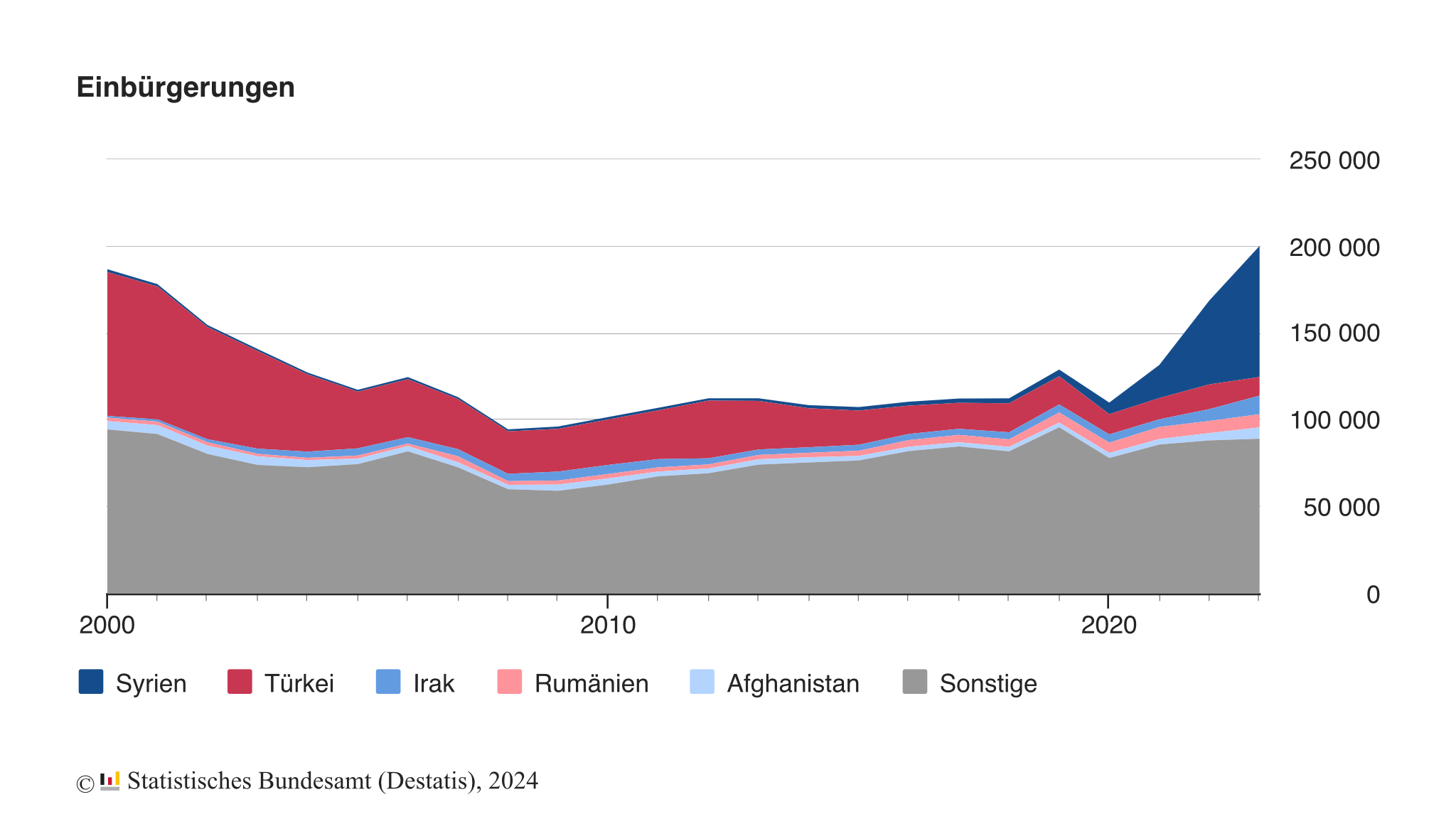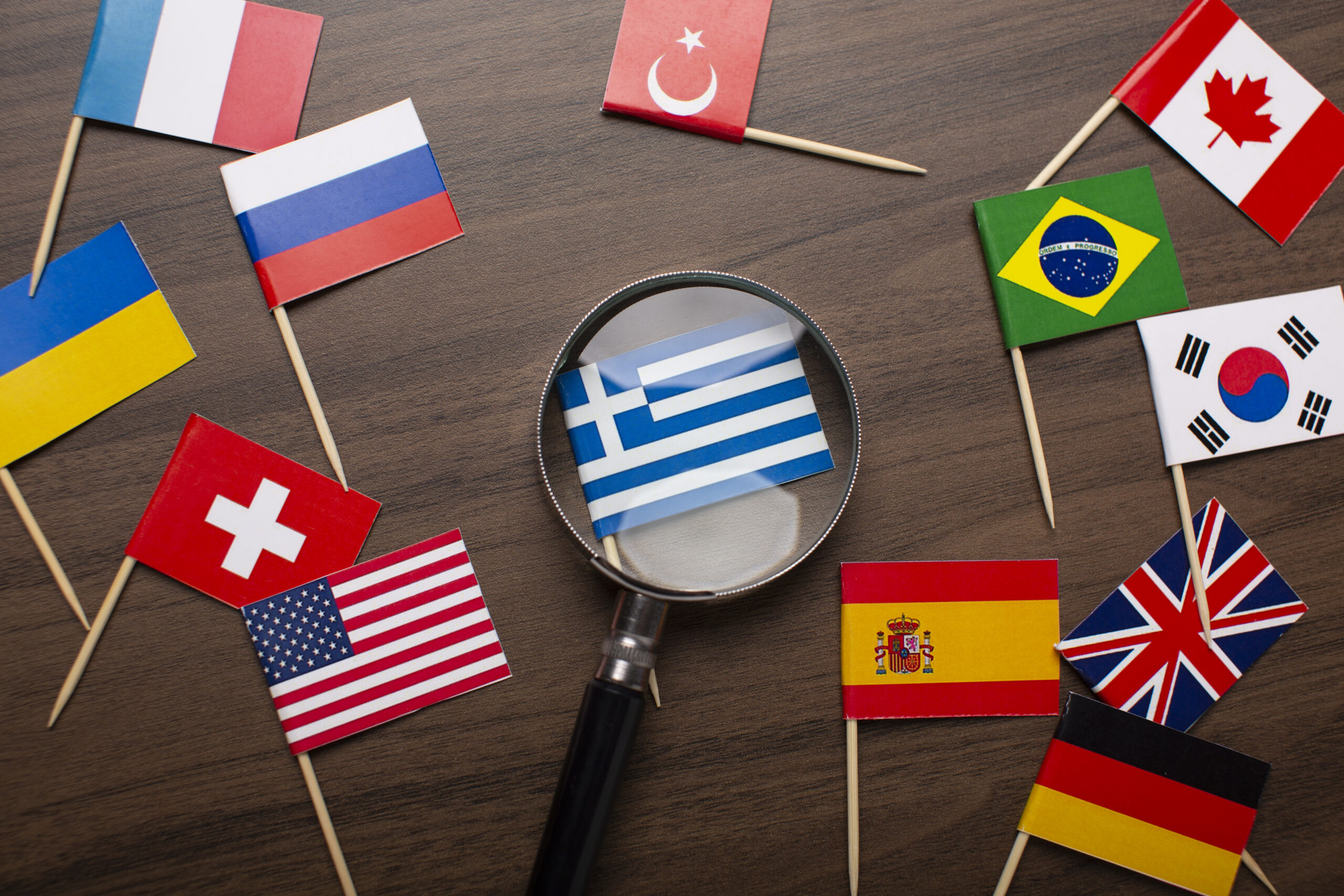
What’s Happening in Germany’s Political Scene?
Germany has faced significant political upheaval recently. The Minister of Finance was dismissed in November, the coalition government collapsed, and Chancellor Olaf Scholz lost a vote of confidence. This has led to the need for re-elections scheduled for February 23, 2025.
What Are the Key Parties and Their Agendas?
The Green Party (Die Grünen)
Led by Robert Habeck, the Green Party focuses on environmental protection, climate change, and renewable energy. They also support equality, diversity, and inclusivity. However, their policies, such as phasing out gas-powered cars and promoting less meat consumption, are controversial and could impact the economy.
The Left Party (Die Linke)
This smaller party advocates for socialism and wealth redistribution. They aim to create affordable housing, expand childcare, and increase social benefits. Critics argue that their plans are overly optimistic and could scare off businesses.
The Free Democratic Party (FDP)
The FDP emphasizes personal freedom, cutting red tape, and boosting the economy. They focus on lowering taxes, streamlining government bureaucracy, and promoting digitalization. Critics claim they prioritize the wealthy and overlook climate and social issues.
The Alliance Sahra Wagenknecht
Founded by Sahra Wagenknecht, this new party focuses on social justice and economic fairness. Their official platform is yet to be released, but they aim to offer progressive values and pragmatic solutions.
The Alternative for Germany (AfD)
Known for controversy, the AfD positions itself as the anti-establishment choice. They support immigration for highly skilled workers but are critical of refugees and asylum seekers. Critics argue that their plans are vague and could violate international laws.
The Social Democratic Party (SPD)
Led by Olaf Scholz, the SPD focuses on fair wages, healthcare, and social benefits. They aim to make immigration smoother and support better integration policies. However, they have struggled with leadership and direction in recent years.
The Christian Union (CDU-CSU)
Germany’s largest conservative political group, led by Friedrich Merz, emphasizes stability, family values, and economic competitiveness. They aim to lower corporate taxes and cut red tape. Critics argue that they resist change and lack innovation.
What Does This Mean for Germany?
Immigration is a hot topic in this election, with all parties discussing ways to attract skilled workers. The economy is under pressure, and parties have different approaches to addressing these challenges. The left and greens focus on social justice and environmental action, while the FDP and CDU-CSU prioritize economic growth. The AfD taps into public frustration with anti-establishment messaging, and the SPD struggles with leadership issues.
These are interesting times in Germany, and it’s crucial for everyone eligible to vote to participate in the upcoming election on February 23, 2025. Stay informed and engaged to see how it all unfolds.


